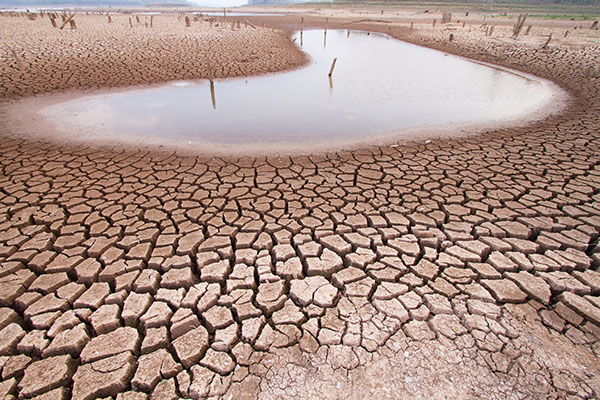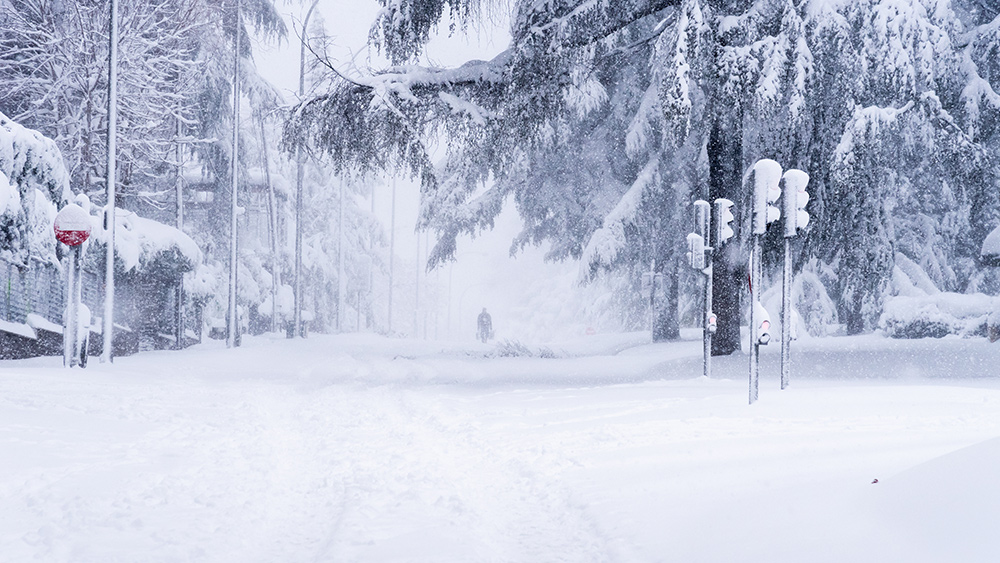Experts claim 2024 Atlantic hurricane season could be one of the most active ever (but they always say that)
04/11/2024 / By Ava Grace

Phil Klotzbach, a senior research scientist at Colorado State University (CSU), said a very warm Atlantic favors an above-average hurricane season, the likes of which have only been seen a handful of times in over a century.
Klotzbach noted that similar atmospheric conditions created very active hurricane seasons in 1878, 1926, 1998, 2010 and 2020.
For the 2024 Atlantic hurricane season, CSU is predicting 23 named storms. The university’s researchers believe this hurricane season would be extremely active, thanks to impending La Niña conditions. (Related: Dane Wigington tells Mike Adams GEOENGINEERING is intended to destroy world agriculture and starve millions.)
Of the 23 named storms, 11 are expected to become hurricanes and five could become major hurricanes with winds of at least 115 miles per hour.
“The Atlantic is still record warm in the tropical Atlantic, providing more fuel for storms,” said Klotzbach to FOX Weather. “The El Niño is weakening, likely to transition to a La Niña. That’s colder water in the eastern and central tropical Pacific, typically in the more hurricane-favorable upper-level wind patterns in the Atlantic.”
Additionally, the CSU team expects warm water temperature anomalies to continue in large parts of the Atlantic, Caribbean and Gulf of Mexico, which is an essential ingredient for tropical cyclone formation.
“When waters in the eastern and central tropical and subtropical Atlantic are much warmer than normal in the spring, it tends to force a weaker subtropical high and associated weaker winds blowing across the tropical Atlantic,” CSU researchers stated. “These conditions will likely lead to a continuation of well above-average water temperatures in the tropical Atlantic for the peak of the 2024 Atlantic hurricane season. A very warm Atlantic favors an above-average season since a hurricane’s fuel source is warm ocean water.”
With two months left until storm season, conditions could still change for the better
Despite the expectations of an active season, Klotzbach said there is still plenty of time for conditions to change as sometimes the decay of an El Niño and dry air can throw curveballs at forecasters.
The 2024 hurricane season will officially begin on June 1.
“We’re still two months from the start of the season and about four months before it really ramps up. So, there still are things that could potentially change,” Klotzbach said. “In 2022, we had no storms in August, but the season ended up with eight hurricanes. It got really busy late. Some of that may have been due to the subtropical Atlantic being a bit cooler, so we had a lot of like mid-latitude fronts and a lot of dry air that came in and really squashed stuff in August.”
The Natural Hurricane Center (NHC) said starting Aug. 15, the agency plans to start releasing an experimental forecast cone that will show all related watches and warnings from the NHC and local National Weather Services offices. The experimental product is meant to communicate better how widespread hazards associated with a tropical storm or hurricane will be.
Visit Disaster.news for similar stories about natural disasters like hurricanes.
Watch this episode of “Evolutionary Energy Arts” discussing the ongoing storms causing major damage around the world.
This video is from the Evolutionary Energy Arts channel on Brighteon.com.
More related stories:
Sources include:
Submit a correction >>
Tagged Under:
Atlantic hurricane season, big government, Climate, climate science, dangerous, disaster, Ecology, El Nino, environment, Hurricanes, la nina, national security, natural disasters, rain, rainfall, storms, typhoons, weather, weather terrorism
This article may contain statements that reflect the opinion of the author
RECENT NEWS & ARTICLES
COPYRIGHT © 2017 CLIMATE SCIENCE NEWS



















